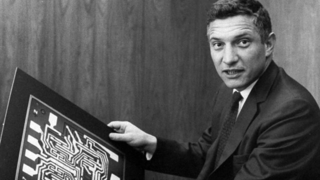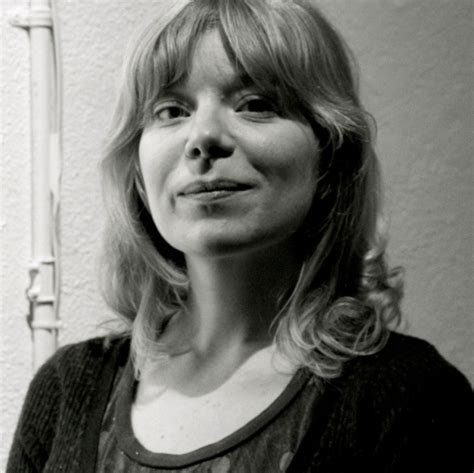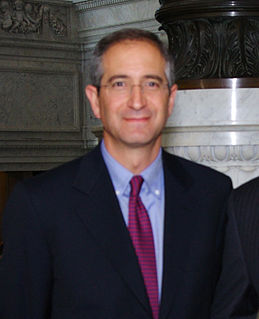A Quote by Myron Scholes
If we internationalize everything, we end up with rules that stifle freedom and innovation.
Quote Topics
Related Quotes
We're just trying to end illegitimate government support for a single technology, which is un-American. We should be leading the world in the next generation of technological innovation. But we can't unleash private capital because of what the government is doing to stifle innovation and to choke competition.
Once you have hierarchy you need rules to protect and administer it, and then you need law and the enforcement of the rules, and you end up with some kind of chain of command or system of order that destroys relationship rather than promotes it. Hierarchy imposes laws and rules and you end up missing the wonder of relationship that we intended for you.
A society that puts equality - in the sense of equality of outcome - ahead of freedom will end up with neither equality or freedom. The use of force to achieve equality will destroy freedom. On the other hand, a society that puts freedom first will, as a happy by-product, end up with both greater freedom and greater equality. Freedom means diversity but also mobility. It preserves the opportunity for today's less well off to become tomorrow's rich, and in the process, enables almost everyone, from top to bottom, to enjoy a richer and fuller life.
Intellectual-property rules are clearly necessary to spur innovation: if every invention could be stolen, or every new drug immediately copied, few people would invest in innovation. But too much protection can strangle competition and can limit what economists call 'incremental innovation' - innovations that build, in some way, on others.



































